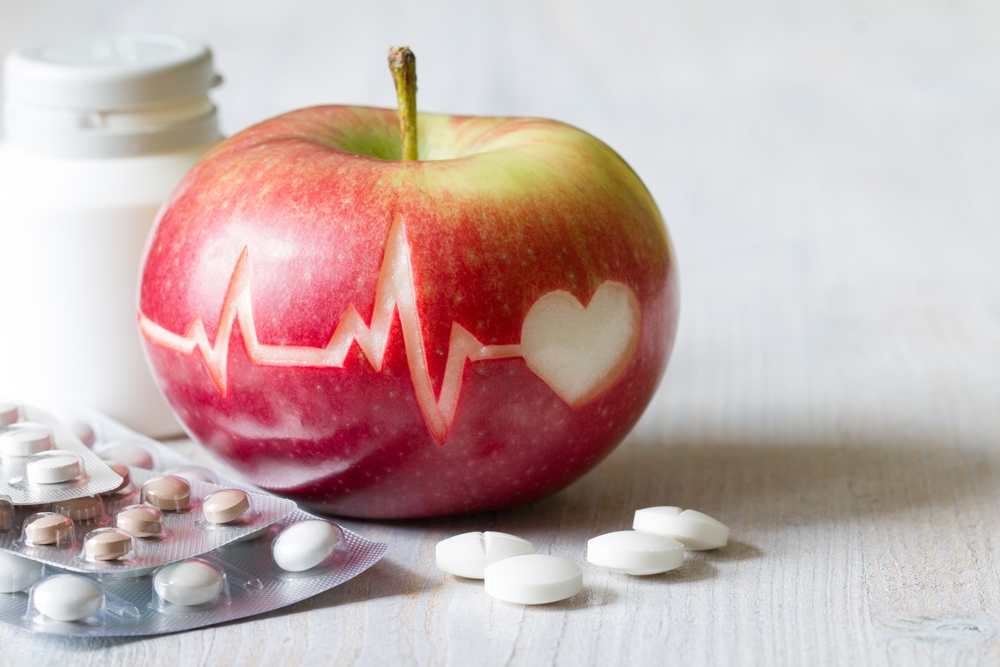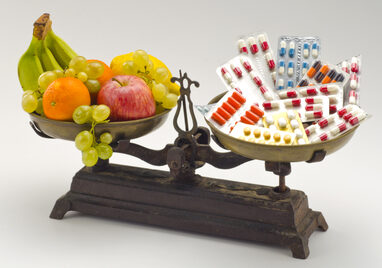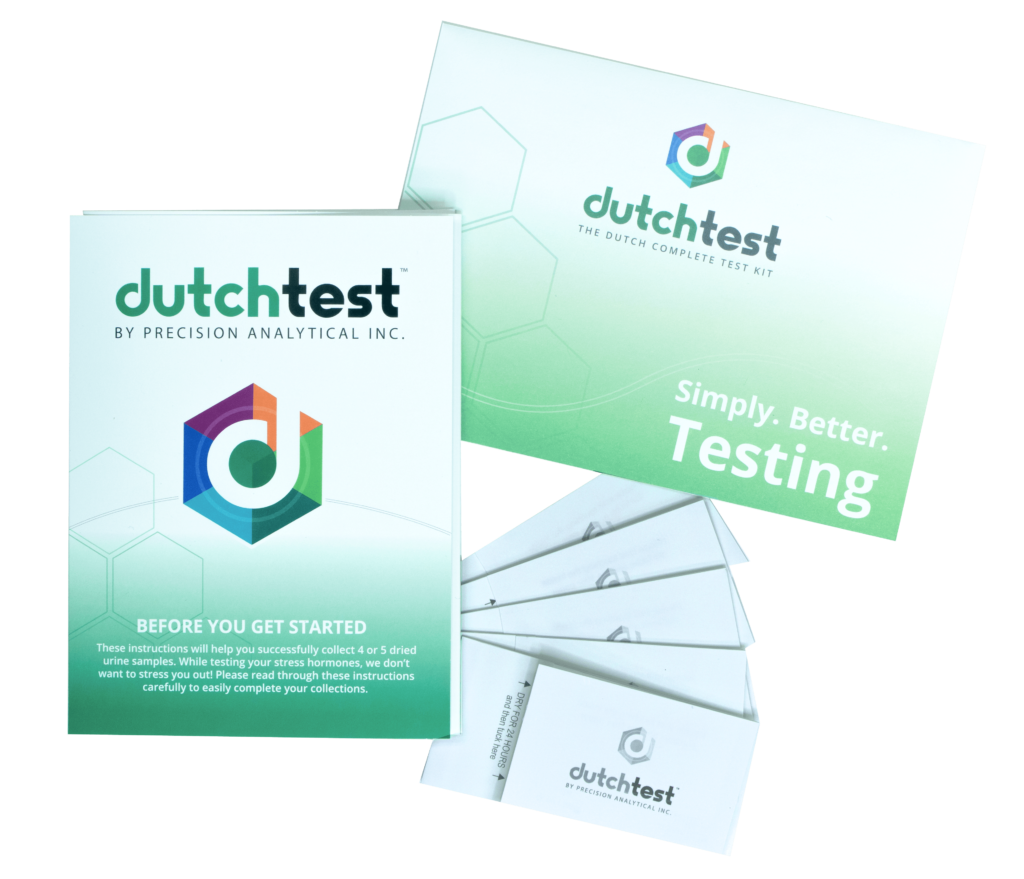What's On This Page?
ToggleAre you or a loved one scheduled for surgery? If so you please read this blog very carefully.
I recently wrote about some impressive tests that you can self-order, thus taking the headache out of getting lab tests that you want. If you’re interested in that information, CLICK HERE to read, You Can Order Your Own Lab Work and Blood Tests.
But one thing I didn’t cover at the time, is about the important instructions that come with some lab tests, for example the most common inquiry is this:
Do I really need to stop all my medications before this test?
This question becomes very difficult to answer because some medications are needed for comfort and well-being. For example, what if you are reliant on your morning pill for acid reflux? If you don’t take it, the consequences could be very uncomfortable. Another example is with analgesics like tramadol, oxycodone and morphine. You can’t just suddenly stop those or you’ll slip into withdrawal and have massive pain all day.
You also cannot suddenly stop an anti-depressant or anti-epileptic drug. These and many other medications all require slow tapering to get off. You have to wean off over weeks to months, not stop it in a day or two.
If you suddenly discontinue certain drugs (including many that I’ve not listed here), then you could encounter dangerous withdrawal symptoms, even seizures. I can see why this question comes up a lot for patients. Everyone has a unique list of medications, and response to missing a dose.
What I can tell you is that blood thinners are the most dangerous ones to be on if you’re headed into surgery or something that requires an IV drip or a blood draw, like a colonoscopy for example.
What to Avoid Before Surgery?
There are hundreds of tests I could list. The point is, you do not want your blood to be super thin when you go in for these procedures or the bleeding could become profuse or internalized. You’ll bleed! So for sure, you do not want to be on the following drugs for at least 3 or 4 days prior to some tests because these are blood thinners or platelet inhibitors:
Anticoagulants
- Warfarin (Coumadin)
- Enoxaparin (Lovenox)
- Clopidogrel (Plavix)
- Ticlopidine (Ticlid)
- Aspirin (in many versions)
- Non-steroidal anti-inflammatory (NSAIDs like ibuprofen, naproxen, etc)
- Dipyridamole (Persantine)
Another category of medications that people don’t usually aren’t warned about, but I feel should be included in this conversation, are those drugs that slow down your heart rate. My reasoning for this precaution is that surgery requires anesthesia, which slows down your heart. If you combine a medication that also does that, the consequences could be deadly due to severe bradycardia.
So I’d like to suggest that you talk to your doctor about possibly discontinuing the following medications listed “Cardiac” below. But do get his or her blessings because these medications are sometimes prescribed to normalize heart rhythm, or lower blood pressure and therefore they might be required for a particular situation, and you might need to remain on them.
I simply do not know what is right for each of you. The drugs are used not only to slow down heart rate, but also for chest pain due to angina pectoris, aortic aneurysm support, A-FIB, benign essential tremors, congestive heart failure, hypertension, ventricular dysfunction and even migraines! Whatever they are treating is irrelevant to the fact that they still slow down heart rate, and like I said, this could be exacerbated by anesthesia which also slows down the heart.
You can see why I’ve included it in my article today. Whether or not to discontinue this the morning of your surgery is a very important conversation to have with your doctor.
Remind him/her that the following cardiac medications are known to slow down the heartbeat (but not terminate it!) and as a precaution, if you took it the morning of your surgery, DO TELL your anesthesiologist when he greets you prior to administering your medication.
Cardiac Medications
- Beta blockers
- Metoprolol (Lopressor or Meto Hennig if you live in Germany)
- Bisoprolol (Zebeta or Monocor)
- Propanolol (Inderal)
- Atenolol (Tenormin)
- Verapamil (Calan or Isoptin)
- Diltiazem (Cardizem, Diltzac, Taztia and Tiazac)
- Nifidepine (Adalat, Afeditab and Procardia)

These Medications Speed Up the Heart
The next three drugs SPEED up the heart rate and could interfere with anesthesia:
- Inhaled nasal sprays like Afrin (phenylephrine)
- Sudafed (pseudoephedrine) – there are now RESTRICTIONS on
- the sale of this drug
- Stimulant drugs for ADHD like Adderall or Ritalin
Miscellaneous Medications that Should NOT be Stopped Abruptly:
- Clonidine (Catapres)
- Venlafaxine ER (Effexor XR) and other SNRIs
- Paroxetine (Paxil) and other SSRIs
- Monamine Oxidase Inhibitors (MAOIs) like phenelzine (Nardil) and others
- Tricyclic Antidepressants like Amitriptyline and others
- Benzodiazepines (Klonopin, Xanax, Valium, Ativan)
- Topiramate (Topamax)
- Gabapentin (Neurontin)
- Prednisone and other steroids if they are HIGH doses or if you’ve been on them a long time
- Opioid pain medications, is sometimes allowed, ask your doctor
You could suddenly discontinue these medications before surgery without too much worry of withdrawal symptoms in preparation for your procedure/surgery:
- Tylenol (acetaminophen or paracetamol)
- Acid blockers (omeprazole, cimetidine)
- Antihistamines
- Birth control pills
- Hormones (for menopause/andropause)
- Eye drops if necessary
- Thyroid medication like levothyroxine or Armour
- Prostate meds like tamsulosin (Flomax) or finasteride (Proscar) for BPH
- Cyclobenzaprine (Flexeril)
- Others not listed here

Avoid These Foods and Drinks Before Surgery
Another important question is if you should really stop eating and drinking before a test. The blanket answer to this is YES. If the out-patient facility or hospital requests you to fast on your instruction sheet, then you should follow it, or pose the question beforehand. Why?
Because eating food and drinking liquids too close to surgery could force a reschedule of the surgery.
The worry is an aspiration, which can cause harm because your stomach contents might get expelled back up into your esophagus (food pipe) or into your windpipe/lungs. This is why you’re told to STOP eating and drinking by midnight the night before surgery, and why you should abide by those instructions. If you do not, at least tell the surgeon and anesthesiologist beforehand.
As for other tests, eating and drinking become less clear. Sometimes doctor’s offices have pre-printed sheets with requests that don’t need to be followed to the “T.” For example, if you are scheduled to have a pelvic ultrasound to see your cervix or ovaries, I’m not sure why food would be a problem!
And likewise, I do not agree with the need for “no food or drink” if you’re having a thyroid blood test. Those don’t require fasting. In fact, you probably should eat before a thyroid blood test, so your results will be more realistic. Free levels of T3 and T4 can be done without regard to meals, as can a test for Hashimoto’s or Graves’ where they evaluate your antibody levels. For that matter, these tests may be done at any time of the day, without fasting.
Directions for Urine Tests
What about urine tests?
There are certain things that you should not take or eat before a urine test. You usually do not take a urine test if you are on your period, but it depends on the exact test. The list is very long and I’m certain I will miss some items, but these are the foods and vitamins that I can think of off the top of my head, Please avoid the following prior to certain urine tests:
- Betaine supplements that dye your urine pink
- B12 supplements which also dye your urine pink
- Riboflavin (Vitamin B2) which dyes your urine bright yellow
- Coffee because it’s a diuretic
- Tea that is black or green because it’s a diuretic and platelet inhibitor
- Matcha supplements or tea because it is a platelet inhibitor similar to aspirin (much stronger than plain green tea bags which are an infusion)
- Avoid urine testing while menstruating or you’ll get a false positive for hematuria
- Beets because they’ll dye your urine pink drinking excessive amounts of water because it will dilute your urine suppressing your true levels
- Antihistamines, this is not absolute, I just feel that they will inhibit your ability to urinate because they are very anticholinergic (drying)

If you are taking one of the specialized tests that I frequently recommend, for example, the DUTCH Complete Urine test which evaluates a biomarker for serotonin called 5-HIAA (5-hydroxyindoleacetic acid), then you’ll want to avoid all these foods for 48 hours prior to your urine test.
The reason is that the following foods are rich in natural serotonin or precursors for serotonin, so it will throw off the biomarker 5-HIAA. By the way, 5-HIAA is a breakdown product of serotonin because serotonin itself cannot be measured. You may be interested in my other article, St John’s Wort, Serotonin and Depression.
Foods high in serotonin
- Bananas – they’re also high in dopamine
- Pineapple and its juice
- Tomatoes and pizza sauce
- Plums
- Eggplant
- Avocado
- Kiwi
- Walnuts
One final note because this is on my heart and mind: I urge you to avoid contrast media containing gadolinium. This is often requested (sometimes pushed!) prior to an MRI and given by injection right before your test. It is not always required, it is often requested to gain more clarity on your images, but again, it is not always required.
In my opinion, and many other medical experts, new studies suggest it can be harmful and collect in the body for years. In particular, it may lodge in the dopamine-rich areas of the brain, the skin, bones, pancreas and kidneys. I wrote an ARTICLE about this entitled, Does MRI Contrast Stay in the Brain.

Suzy Cohen, has been a licensed pharmacist for over 30 years and believes the best approach to chronic illness is a combination of natural medicine and conventional. She founded her own dietary supplement company specializing in custom-formulas, some of which have patents. With a special focus on functional medicine, thyroid health and drug nutrient depletion, Suzy is the author of several related books including Thyroid Healthy, Drug Muggers, Diabetes Without Drugs, and a nationally syndicated column.


